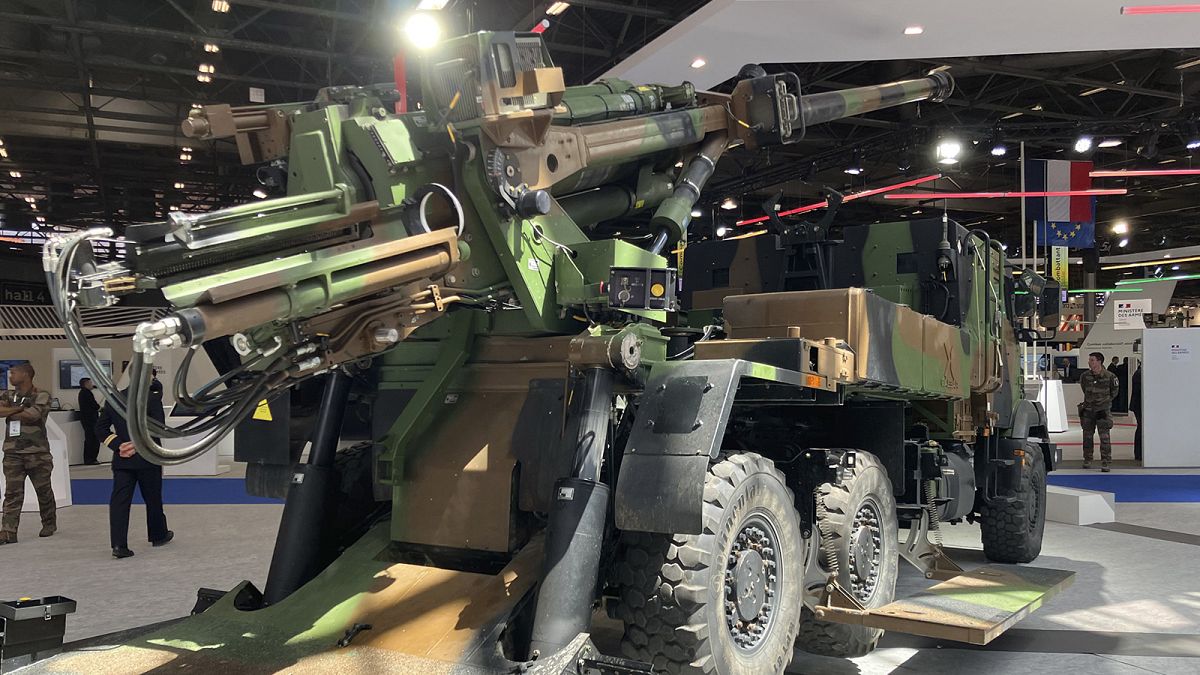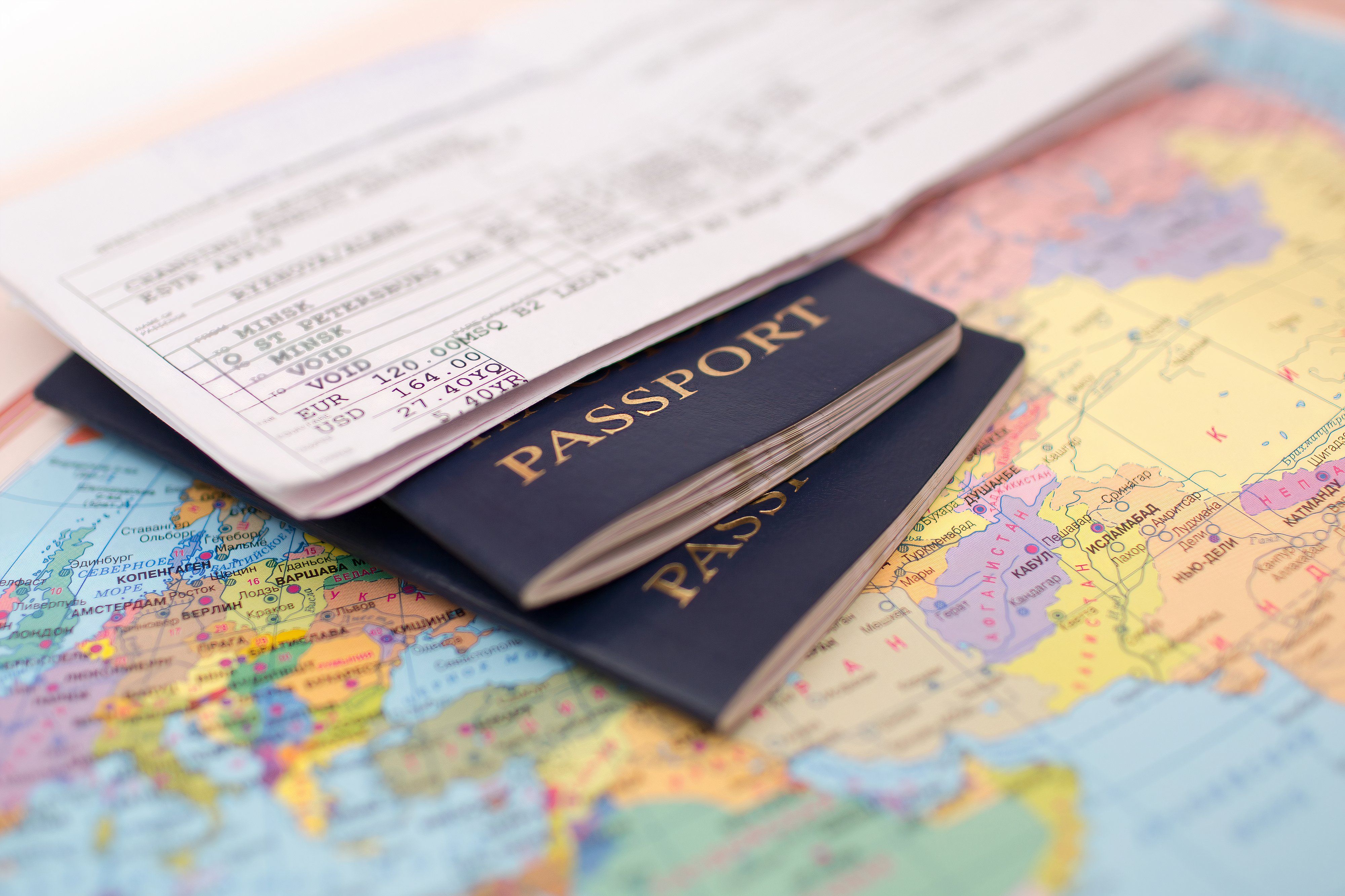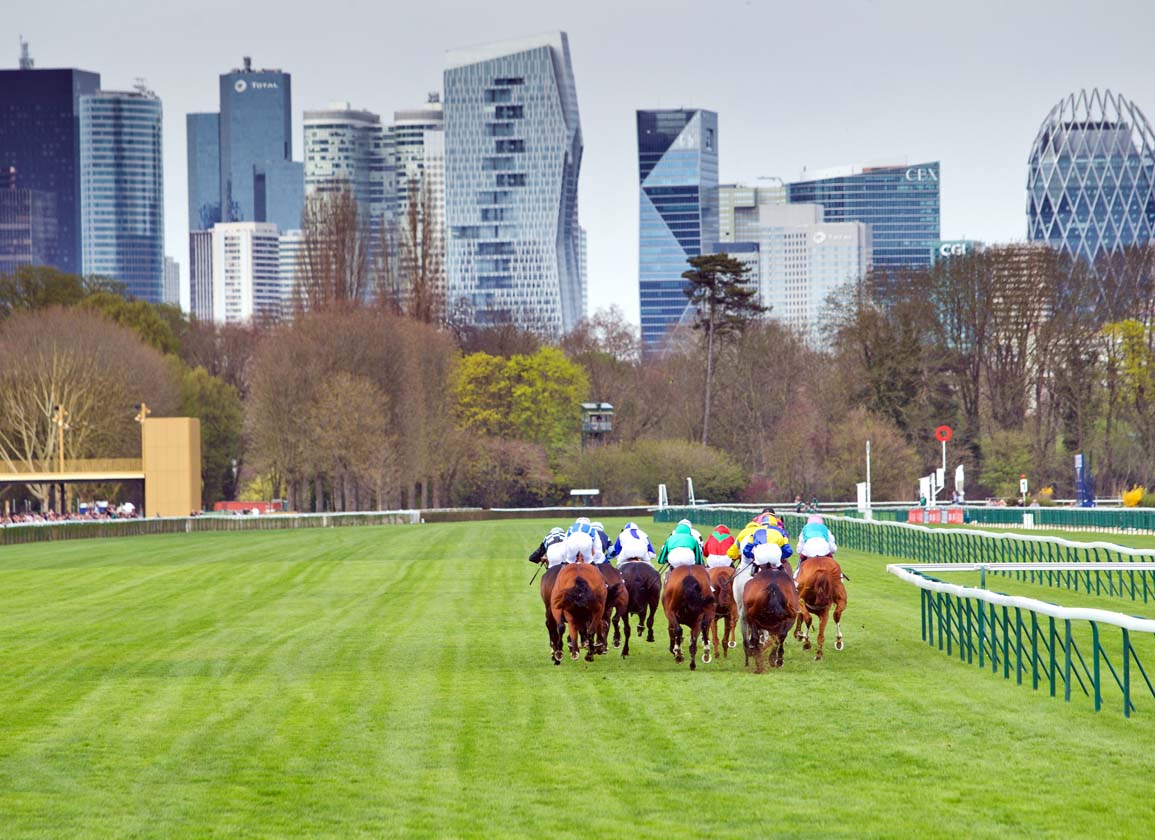World
World’s largest arms expo in Paris marred by ongoing conflicts

For the first time, Israel was barred from the event due to its ongoing offensive in Gaza. Other absentees include Russia and Belarus due to the ongoing war in Ukraine.
From drones to armoured vehicles, to various artillery systems — the world’s largest defence and arms exhibition opened on Monday in Paris, showcasing the latest military technology.
However, the event has been impacted by ongoing worldwide conflicts. For the first time, Israel has been barred from participating in the international defence expo for its offensive in Gaza.
A French district court has ruled that the event organisers must ban anyone working for or representing Israeli firms from participating in the event.
Seventy-four Israeli firms were set to exhibit weapons at the fairground event north of Paris near the international airport before the ongoing legal battle ensued.
The event organiser Coges, led by Charles Beaudoin, has said they would appeal the latest court decision “as soon as possible,” but the exhibition already began Monday and runs until Friday.
Russia and Belarus are also noticeably absent due to the full-scale invasion of Ukraine.
The Eurosatory conference is held every two years and attracts more than 2,000 exhibitors from 61 countries and other entities.
This includes the EU Commission – relatively new to the event – which has ramped up its defence industry strategy since the war in Ukraine.
One of the strategies includes the EDIRPA (European Defence Industry Reinforcement through Common Procurement Act), a plan to incentivise EU member states to buy weapons jointly.
Another is the European Defense Fund (EDF) which provides grants to defence companies gathered in consortia of at least three EU states – another tool to strengthen companies in the face of their American competitors.
“The war in Ukraine has enabled the European Union and the European Commission to get a little more involved in defence issues, particularly defence and armaments,” said Léo Péria-Péigné, arms expert at the French Institute of International Relations (Ifri).
“As a result, they have a more legitimate presence at this show today than they did two years ago. They are willing to invest more in order to carry more weight in the future,” he told Euronews.










